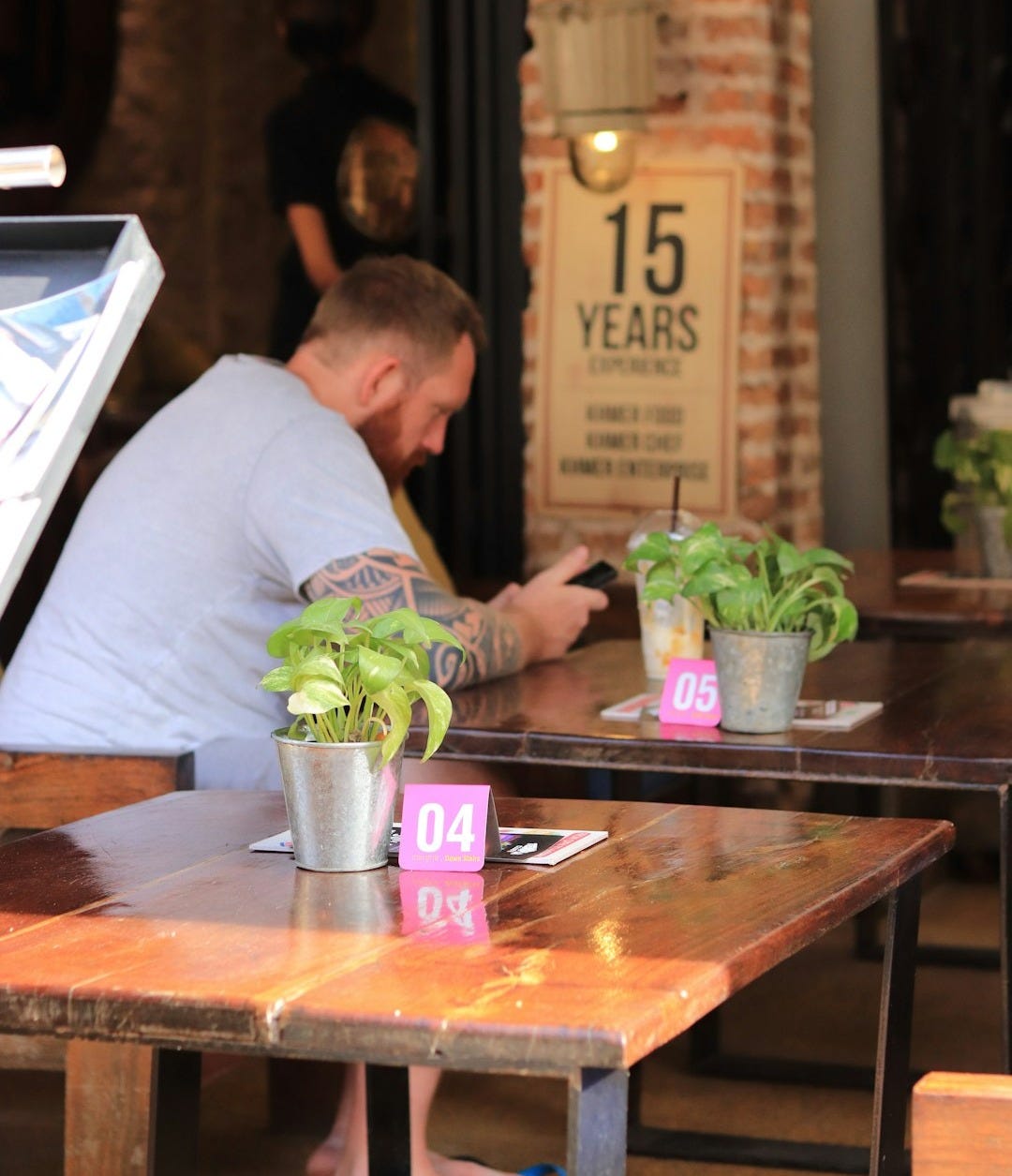
We live in a world where democracy feels fragile, where every notification brings another crisis, and where the 24-hour news cycle has us perpetually on edge. In this relentless digital storm, an ancient Jewish practice offers unexpected wisdom: Shabbat.
When Rest Becomes Resistance
Every Friday evening, observant Jews around the world do something revolutionary—they turn off their devices. For 25 hours, from sundown Friday to nightfall Saturday, they step away from the digital world entirely. No phones, no news alerts, no social media, no endless scroll of anxiety-inducing headlines.
The Illusion of Urgency
The Talmud teaches us about pikuach nefesh—the principle that saving a life overrides almost all other religious obligations. But our always-on culture has hijacked this concept. Every news alert feels urgent, every political development seems life-or-death, every social media post demands immediate response.
We've created a false sense of perpetual emergency where everything feels like it demands immediate action, but very little actually does.

What Shabbat Teaches About Information Diet
Jewish law is remarkably specific about what constitutes "work" on Shabbat. You can't light a fire, but you can enjoy its warmth. You can't write, but you can read. You can't conduct business, but you can have deep conversations.
The rabbis understood something we're only now rediscovering: the difference between consuming and creating, between reactive and reflective engagement with the world.
When we step away from our devices for 25 hours, we break the addiction cycle, gain perspective on what's truly urgent, and reconnect with our bodies and communities. That "breaking news" that felt so critical on Friday? Often, by Saturday night, it's already been superseded by the next crisis.
Democracy Needs Rest Too
Here's a counterintuitive thought: democracy might actually be stronger when we're not constantly monitoring its vital signs. When we're perpetually anxious about every political development, we make decisions from fear rather than wisdom. We react instead of respond. We lose the ability to think long-term.
Shabbat can protect us from burnout and prepare us for deeper democratic engagement. It's a training ground for discernment, for slowing down enough to think critically, listen generously, and act with intention. In a society that rewards speed and outrage, Shabbat teaches patience, mutual care, and the long view. This is especially true for those on the front lines, pouring themselves into the fight for a better world. Activism demands urgency, but it also demands sustainability. Shabbat offers a rhythm of renewal. It reminds us that we are more than our resistance—we are whole people who need nourishment, stillness, and time to dream. Pausing isn’t a luxury; it’s a necessity for those working toward liberation.
Practical Shabbat for the Digitally Overwhelmed
You don't need to be observant to experiment with Shabbat principles:
Set boundaries. Maybe it's Friday 6 PM to Saturday 6 PM, or just Saturday morning to evening. Find what works, but make it consistent.
Create positive replacements. Don't just turn off your phone—turn toward something else. Cook a meal from scratch. Take a long walk. Have a conversation that lasts longer than a TikTok video.
Start small. If 25 hours feels impossible, try 25 minutes. Then an hour. Then a morning. The goal isn't perfection—it's practice.
The Radical Act of Stepping Away
In a culture that profits from our attention, choosing not to pay attention is a radical act. Shabbat teaches us that we are more than our productivity, more than our ability to stay constantly updated, more than our online presence.
A famous quote often attributed to Ahad Ha'am, a 19th century thinker and essayist—says, "More than the Jewish people have kept the Shabbat, the Shabbat has kept the Jewish people." In our digital age, we might say: More than we need to disconnect to preserve our sanity, disconnecting regularly might just preserve our democracy.
The world will keep spinning while you rest. The news will still be there when you return. But you'll return as a more centered, more thoughtful, more human version of yourself.
And in times like these, that might be exactly what our democracy needs most.
What would change in your life if you took a 25-hour break from digital input once a week? What would you do with that time instead? I'd love to hear your thoughts.



It’s always a good idea step away from chaos whether it’s digital or not. A walk by the ocean, woods, and music allows me rest my (these days) weary soul.
Love this. We have been doing this for about 10 years, and it really helps to bring peace to our week. Deep discussions are good.